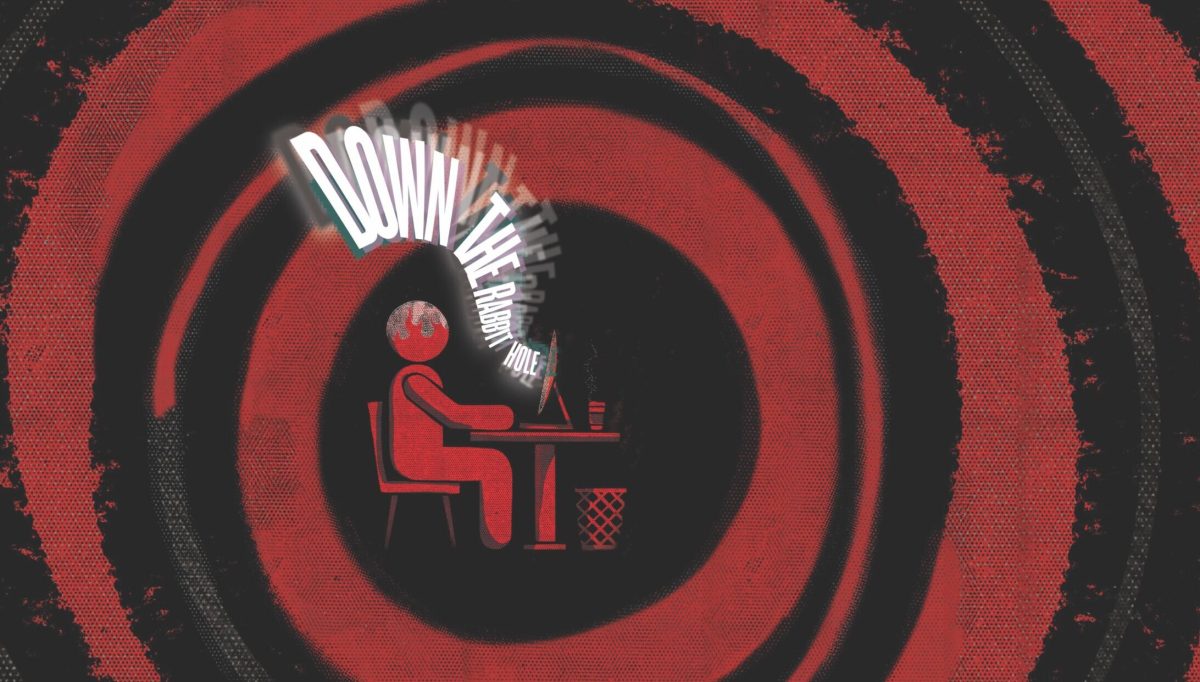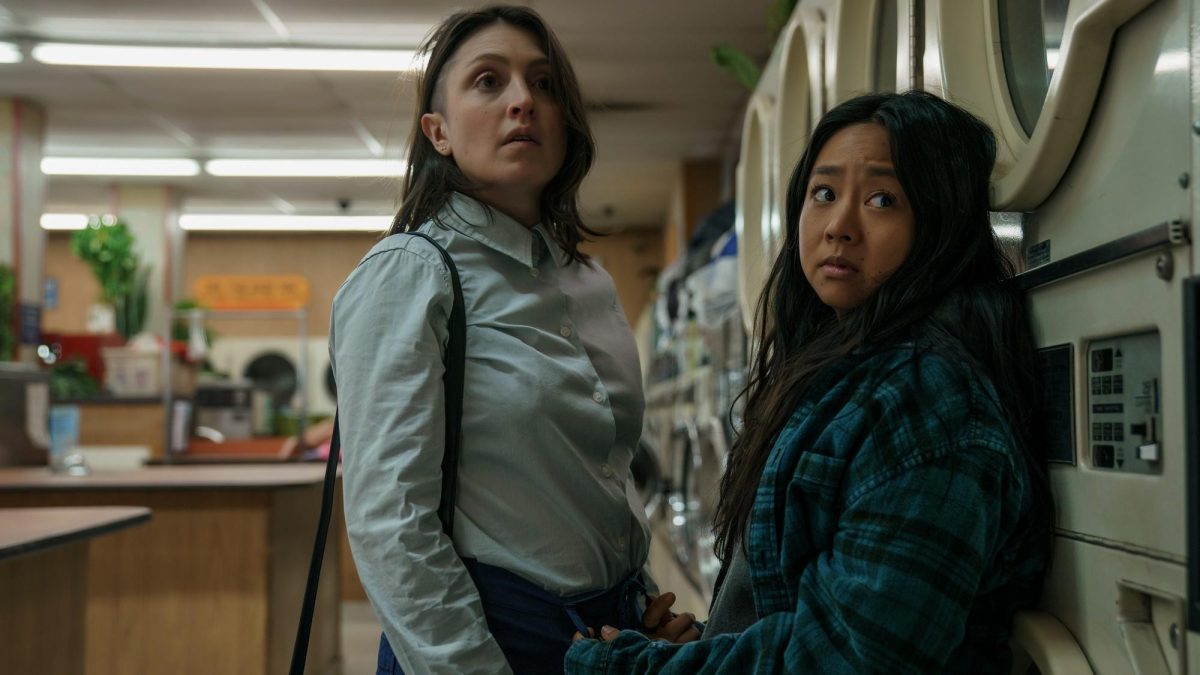The death of a mother, a cheating wife and a stubborn father who is on trial for manslaughter all make for a rough start for the recently released film “The Judge.” Despite the slow start, the film has deeper meanings that previews do not adequately display.
The storyline involves family drama, manslaughter, divorce and addiction.
Written by Nick Schenk and directed by David Dobkin, “The Judge” stars Robert Downey Jr. as Hank Palmer, who represents his estranged father in a case of suspected murder. Major actors also include Robert Duvall, Verga Farmiga, Vincent D’ Onofrio, Billy Bob Thorton and Leighton Meester.
Every family has skeletons in the closet and not only do the Palmers deal with them, but the skeletons are also publicly displayed through town as well as in the court room.
In the start of this old-fashioned family drama, Downey finds that his mother has passed away and on his visit home his father is put on trial for a murder crime. In the midst of dealing with a death and a murder case, Downey has to cope with a faulty marriage and attempt to build a relationship with his daughter.
Downey is well known for his quick wit and hyper-verbal responses to adversity and chaos. This film displays his talents no different than the rest. His character, although very sure of himself, is jaded and viewed as the black sheep of the family.
Judge Palmer, played by Duvall, is a well-recognized, small town judge who ends up requiring his estranged son’s help. Judge Palmer is portrayed as proud, honorable, and stubborn.
Duvall does an excellent job of playing that role while adding this element of estrangement to his relationship with Downey’s character. The dynamics between Downey and Duvall are believable as their characters go toe to toe over past indiscretions during most of the film.
As the story unfolds, the audience can see this story is not just about a judge on trial for murder. It is also about a father reconnecting with his son in a very round about way.
Downey’s older brother Glen, played by D’ Onofrio, and his younger brother Dale, played by Jeremy Strong, added the backing the film needed for the audience to believe that the Palmer family was more dysfunctional than meets the eye.
D’ Onofrio was challenged with a character who is burdened with regret and the weight of the family drama. His character seemed to be the glue that keeps everything around him functional. Strong’s character was very different in that he had to play a role of child-like innocence without a back story explaining his state. The writers seem to make sure that he is not a fleshed out character all while making him hold a purpose in the film.
As an audience watches the court proceedings, there are also the interactions of the Palmers with one another as well as other characters in the film. The writers seem to have created two story lines that are very well intertwined with one another and would not be as important without either part.
The court proceedings became more intriguing as the Palmers delved deeper in the back story of how their current relationships came to be.
The rising action leads to the verdict of whether or not the judge committed the crime. Although it seems as though the movie is going to follow through and end in a certain direction, Dobkin does not disappoint in his decision to shock the audience.
This film is not for everyone as it has some heavy topics and can be hard to follow. If thick tension, family skeletons, and a possible murder finds you interested, this movie is on the lists of must -watch adult dramas for this fall.
























































